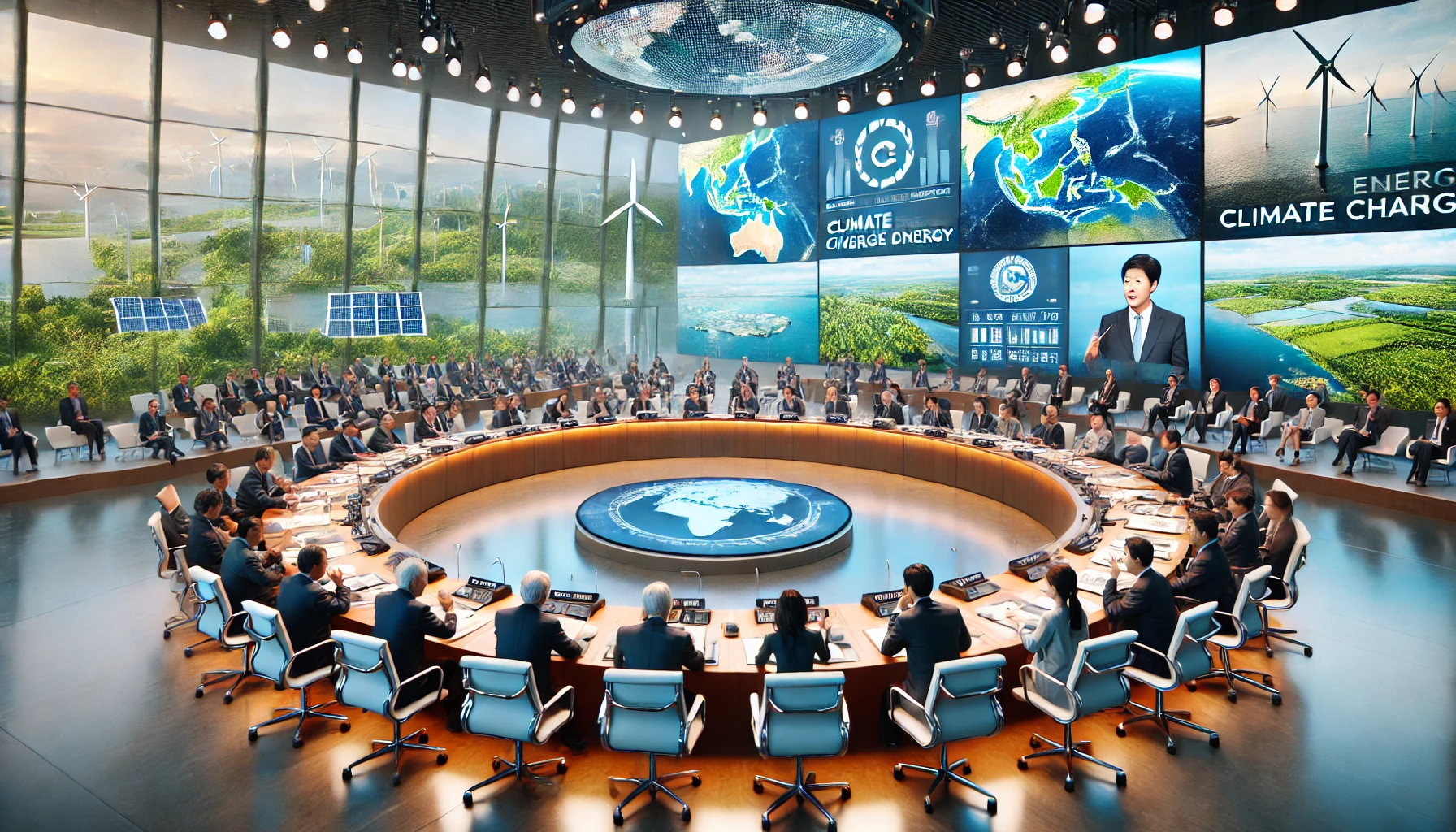
Regional Collaboration to Tackle Climate Change in Asia-Pacific
Resilience APAC – As the impacts of climate change intensify, the need for regional collaboration in Asia-Pacific has never been greater. Nations across the region face shared environmental challenges, from rising sea levels to extreme weather events. However, no single country can effectively combat these issues alone. By working together, Asia-Pacific nations can strengthen their collective resilience and implement solutions that drive sustainable progress.
The Asia-Pacific region is home to some of the fastest-growing economies in the world, but it is also one of the most vulnerable to climate change. Collaborative efforts in policy, innovation, and resource sharing offer a pathway to mitigating climate risks while supporting sustainable development. Strengthening regional collaboration in Asia-Pacific not only helps address environmental concerns but also promotes economic stability and regional security.
The effects of climate change are being felt across Asia-Pacific, with coastal flooding, droughts, and typhoons becoming increasingly common. Small island nations face existential threats, while larger economies deal with economic disruptions caused by environmental degradation. The interconnected nature of these issues highlights the need for regional collaboration in Asia-Pacific.
By uniting efforts, countries can pool resources to develop advanced technology, establish early warning systems, and invest in climate-resilient infrastructure. This shared approach ensures that even the most vulnerable nations receive support and protection.
READ MORE : Social Environment Influences Writing: The Power of Interaction
Cooperation among Asia-Pacific nations presents numerous benefits that go beyond environmental protection. Collaborative projects foster knowledge exchange, allowing countries to share best practices and innovative solutions. Additionally, joint investments in renewable energy and sustainable agriculture can drive economic growth while reducing carbon emissions.
Enhanced regional collaboration in Asia-Pacific also facilitates stronger diplomatic ties and economic integration. As nations work towards common environmental goals, they build trust and partnerships that can extend to other sectors, creating a more unified and stable region.
One of the most pressing areas for collaboration is renewable energy development. The Asia-Pacific region holds vast potential for solar, wind, and hydropower, but uneven access to technology and funding limits progress. By working together, countries can create regional energy grids and share innovations that accelerate the transition to clean energy.
Disaster preparedness is another critical focus. Establishing a coordinated response system for natural disasters ensures faster recovery and reduces the overall impact of climate-related events. Nations can jointly invest in satellite technology and early warning systems, providing timely data that saves lives and minimizes damage.
Finally, reforestation and biodiversity protection are vital for maintaining ecological balance. Large-scale projects that span borders help restore natural ecosystems and promote sustainable land use. This collaborative effort not only addresses climate change but also preserves the rich biodiversity of the Asia-Pacific region.
While regional collaboration in Asia-Pacific offers immense potential, it is not without challenges. Political differences, economic disparities, and competition for resources can hinder cooperative efforts. However, transparent dialogue and inclusive policymaking can bridge these gaps. Establishing regional frameworks and multilateral agreements helps create a structured approach to collaboration, ensuring that all nations benefit equally.
Tackling climate change requires more than individual action—it demands a united front. By strengthening regional collaboration in Asia-Pacific, nations can build a resilient, sustainable future for generations to come. Through shared initiatives, innovative solutions, and a commitment to collective progress, the region can set a global example for addressing climate challenges through unity.
Resilience APAC: Asia-Pacific Hub for Reform - Taiwan's earthquake-resilient community infrastructure investment is under renewed scrutiny following a series of…
Resilience APAC: Asia-Pacific Hub for Reform - climate risk planning data analytics plays a crucial role in helping organizations anticipate…
Resilience APAC: Asia-Pacific Hub for Reform – Climate-ready energy systems industry innovations are reshaping how factories and plants generate and…
Resilience APAC: Asia-Pacific Hub for Reform - resilient energy systems climate adaptation is becoming a critical focus as climate change…